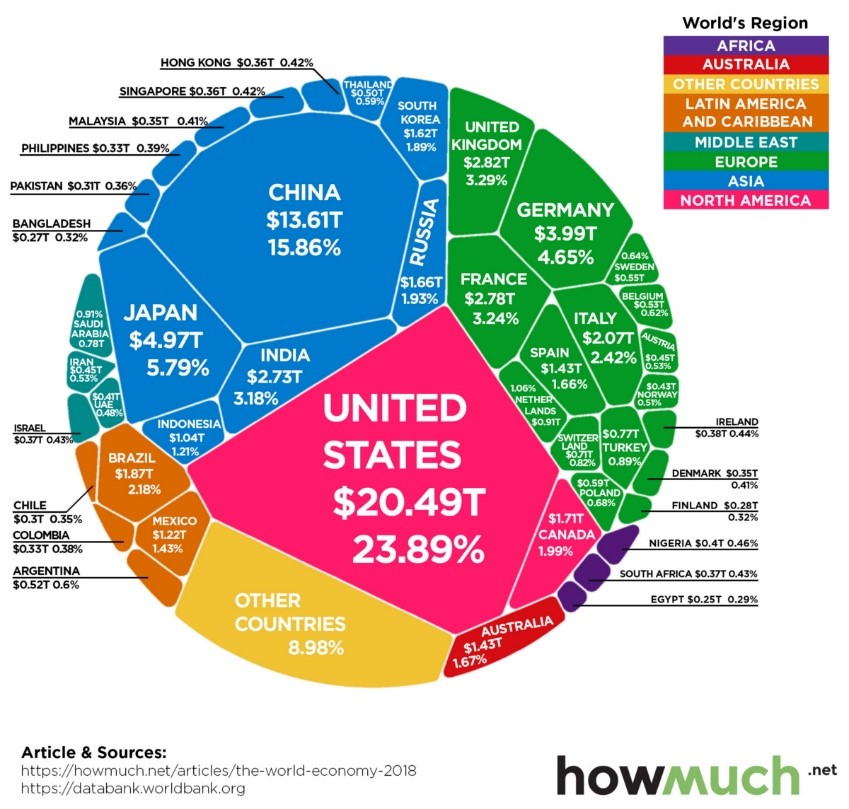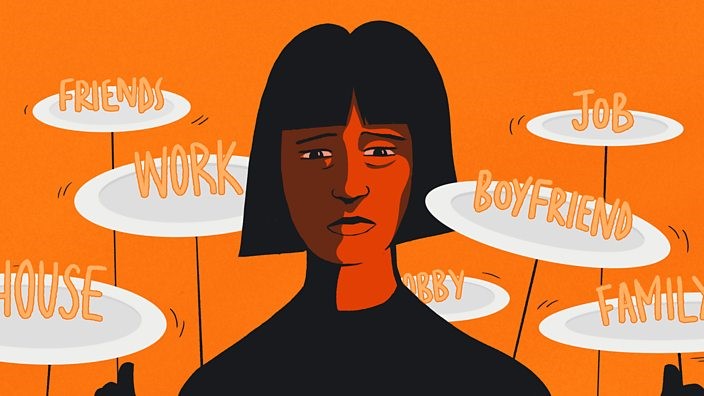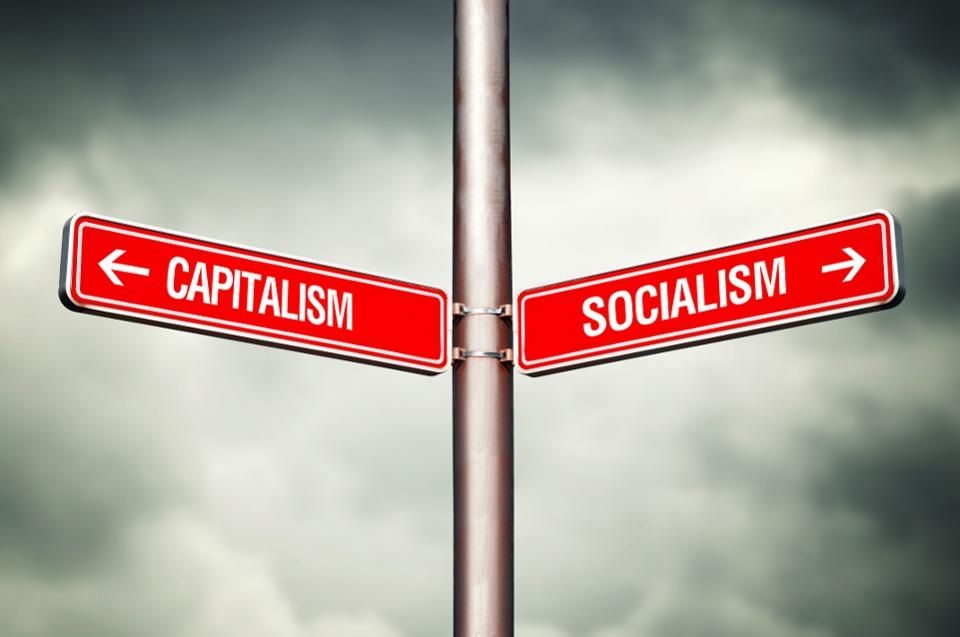It is safe to say the world is extremely different for millennials (the generation born from the early 80’s to the mid ’90s) than when their parents were growing up. For many of our parents, sex, drugs, and rock n roll was a birthright. For some, becoming a part of the revolution such as the various civil and women’s rights protest was a major part of their lives. While millennial’s parents were vigorously a part of the changing culture in America, one thing they did get to enjoy that millennials do not is a low debt bustling economy. While most studies claim that the U.S. economy is still one of the most important economies in the world, millennials are still struggling to gain their footing in the economy that in turn leads to long rising inequalities.
Millennials are burnt out and crying for help in this forever changing economy. Is it any wonder that more and more millennials have become disillusioned with capitalism and look at other economic trends as more enticing?
Capitalism…

While capitalism has its problems, it did start off as a good idea that keeps the American economy at number one. Capitalism is an economic system in which private individuals or businesses own capital goods rather than the states. The general market is controlled by supply and demand rather than central planning. While other economic and political systems allow the state to control their markets, America allows for the individual to control their money and spend it how they see fit. It is not a surprise that America was not number one in the world when it came to the economy in the beginning. Until the second half of the 19th century, America was lagging behind the U.K. The U.K. dominated the world’s financial system and was the world’s leading central bank; not to mention the U.K. was the home of the Industrial Revolution.
However, with the Industrial Revolution came new inventions and room to grow. America celebrates entrepreneurship and cooperation. The “American Dream” idea began from the notion one can start from the bottom and arrive to riches.

Capitalism does promote growth and freedom in the economy that other economic systems do not. While other economic systems has its restrictions, capitalism allows for a small idea to turn into a multimillion dollar cooperation and it’s YOUR money.
…and the Burnout

It isn’t a secret that millennials are more concerned about their finances than past generations. Overall, millennials are pursuing their careers over starting families. They care about efficiency and technology much more than passing the torch to the next generation. Millennials have the stigma of being lazy, entitled, and spoiled, but in all totality, it’s not completely their fault their priorities are not the same as their parents. In short, the economy has a lot to deal with the attitudes of many millennials. As Sam Harris argues, bearing the brunt of the economic havoc that has damaged the late-20th century, left millennials in a bind. This generation is left to pick up the damage of extreme capitalism and has left millennials in a state of constant worry and panic. When they enter the workforce, most are already thousands of dollars in debt. Being told that going to college is the best investment you can make in yourself means this is the most educated generation of Americans there has ever been, the price of tuition between 1979-2014 jumped 197% at private schools and 280% at public schools.
Although it is harder to survive without a college degree, most entry-level jobs require a degree that millennials cannot afford to pay back, as real wages for US workers today have much the same purchasing power as they did in 1978. This generation of young adults has been sold the dream that if you work really hard and buy into the free-market idea they can live a splendid wealthy life. This notion is not completely true with the society we live in today. Not being able to afford to live independently keeps a generation more tied to their parents, stunted from the untapped growth they were promised, and millennials are the only generation thus far to not have an economic boom. Hence, the added frustration of feeling burnt out from capitalism before they even hit thirty.
Why Socialism is looking more “sexy”

Despite a strong economy, millennials are struggling to make ends meet. Thus, other economic systems appeal to younger generations more and more. One of the more popular economic systems amongst millennials is socialism. In short, socialism is an economic and political system that advocates the production, distribution, and exchange should be owned or regulated by the community as a whole. Socialism is more of the help thy neighbor approach of economics than capitalism.
Today, 70 % of millennials are more favorable of a socialist candidate than older generations, and half of millennials view capitalism as unfavorable. The idea of “Medicare for all” and eliminating student debt are irresistible to a millennial because these are issues that plague them. Presidential candidates Bernie Sanders and Elizabeth Warren do well amongst young people because they are speaking to issues that hit home. Warren and Sanders understand healthcare and student loan debt is becoming a problem, especially with millennials. Socialism to a lot of millennials appears to be a way out of not only their own financial burdens but a more blended society that concentrates not only on individualistic achievement but supporting the body of the nation.
Although capitalism did create the world in which millennials have the luxury of enjoying today, it has also left pain and financial uncertainty. Gone are the days of working really hard to provide a better life for the future. Now, millennials have to be very strategic in how they move forward with finances. The answer may not be in government-funded policies or free markets, but it could lie in a more inclusive market and a blend of more socialistic policies. Millennials are disgruntled by the dream that was sold to them as they grew up but seems unobtainable in adult life. If capitalism truly allowed for this generation to have a piece of the pie, fewer millennials would be burnt out from capitalism and more millennials would embrace the idea of a free market system.


